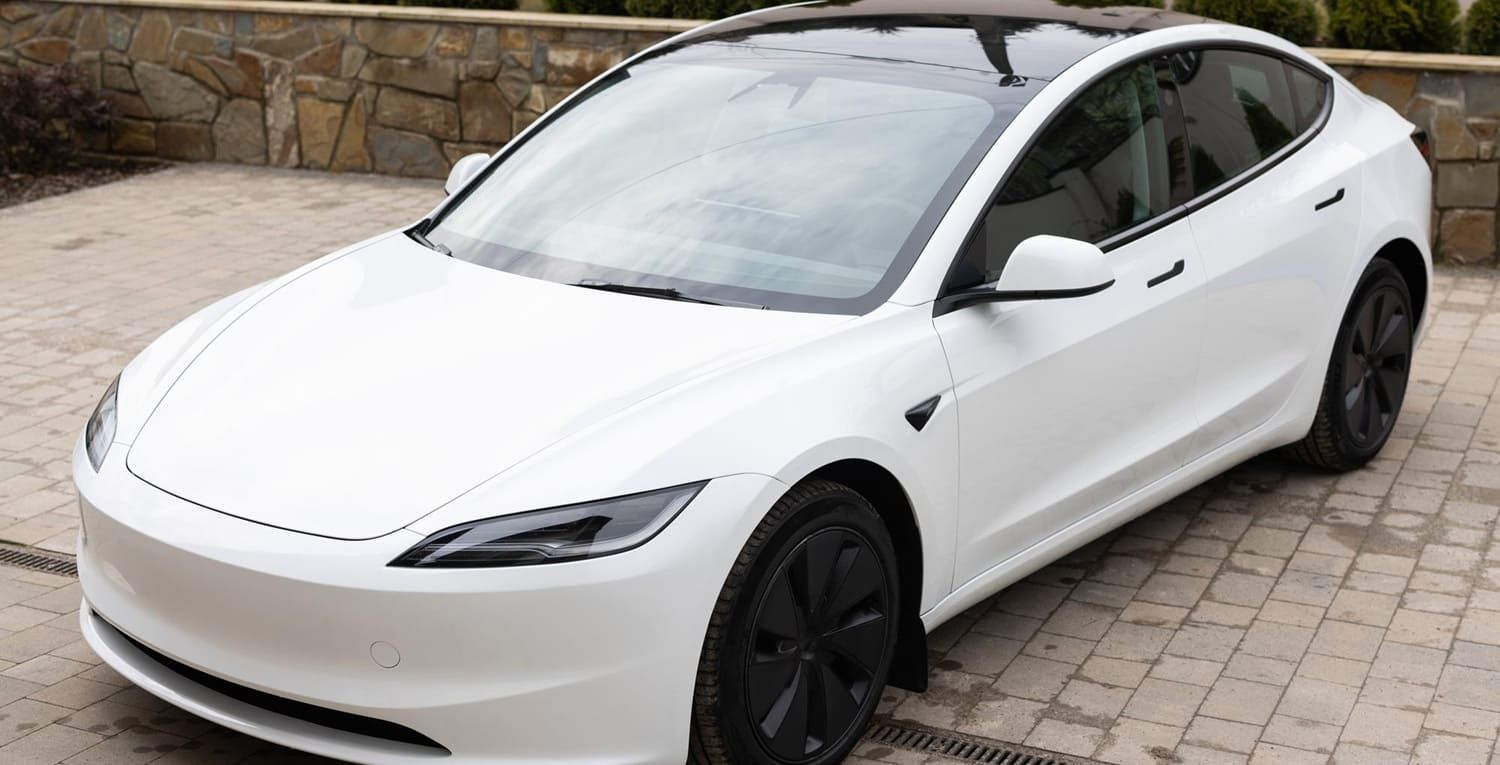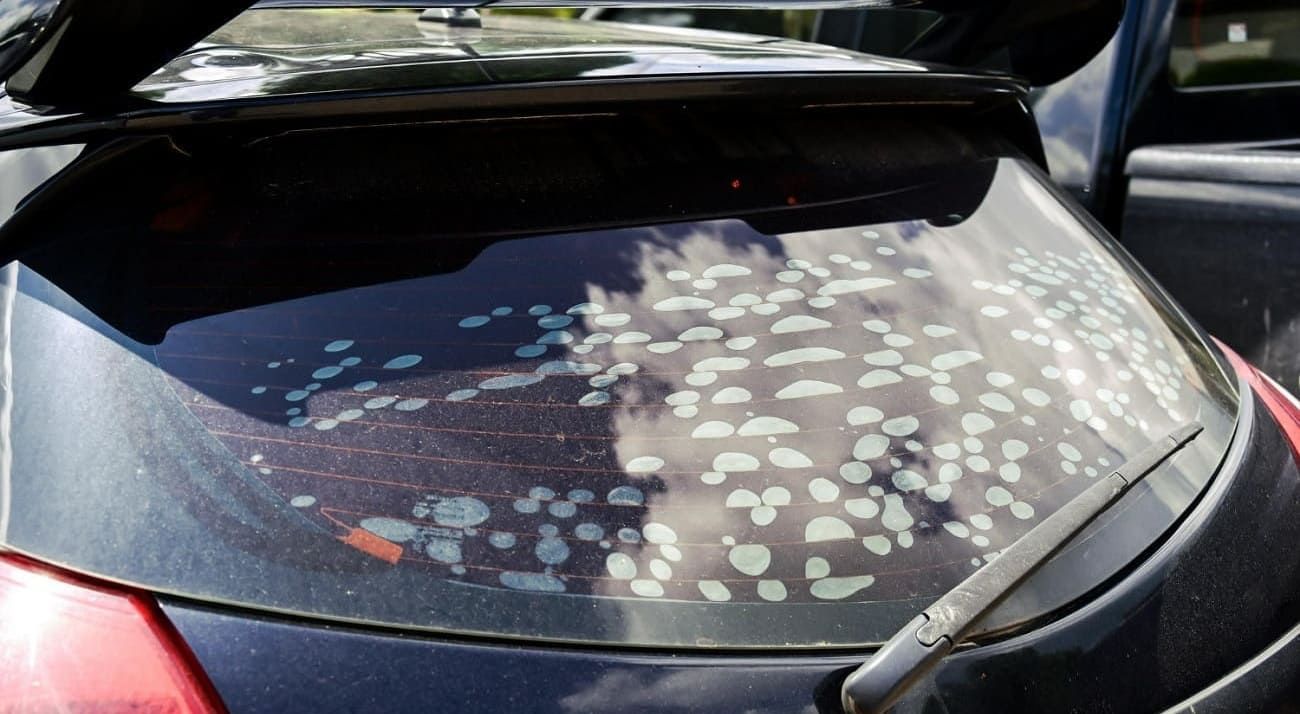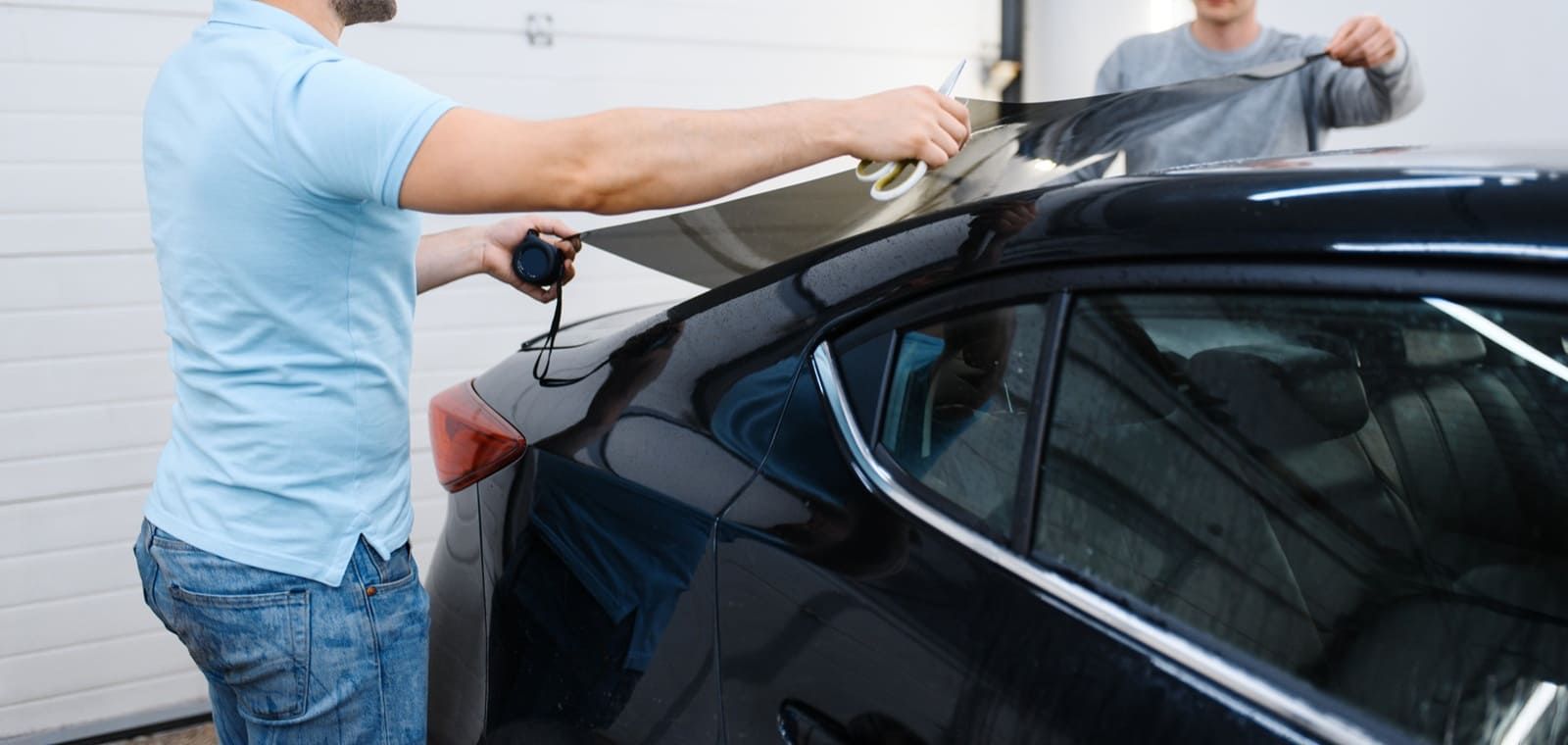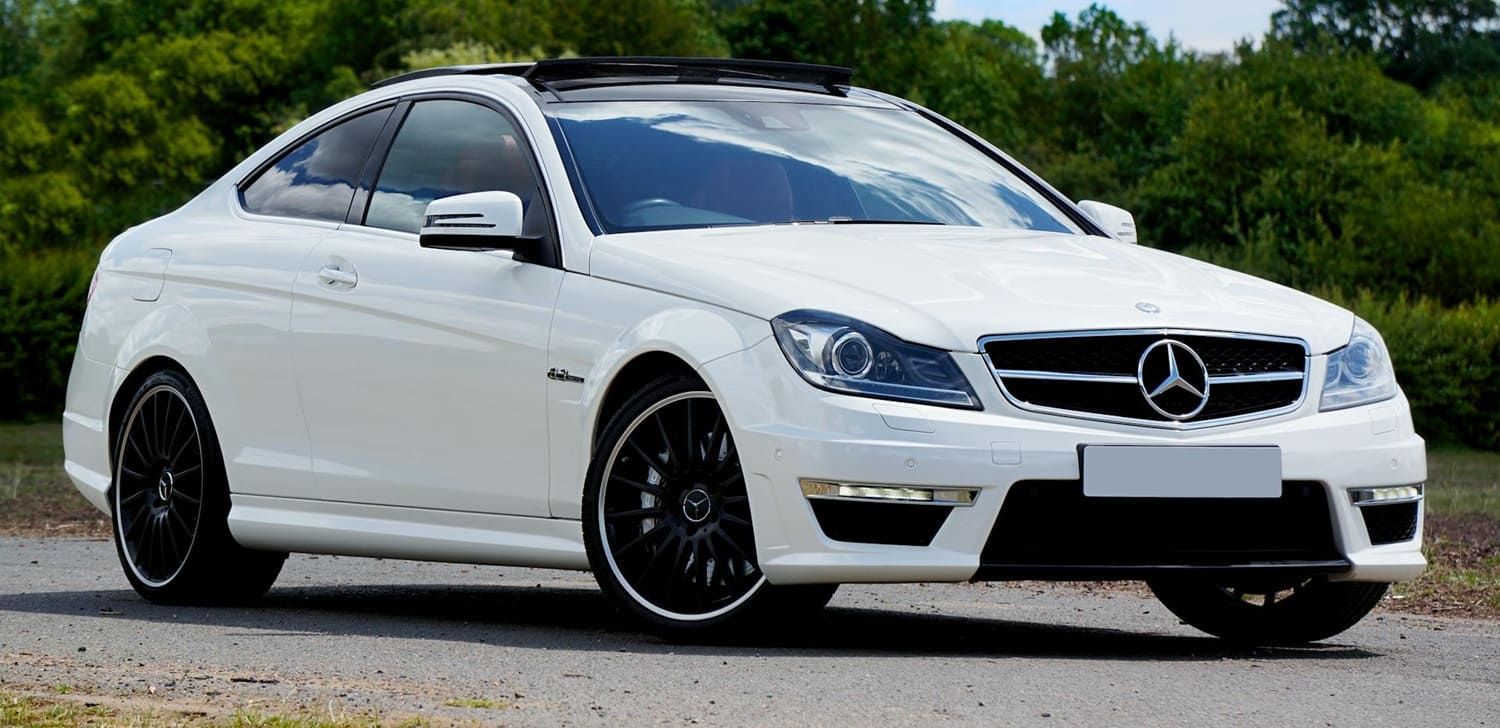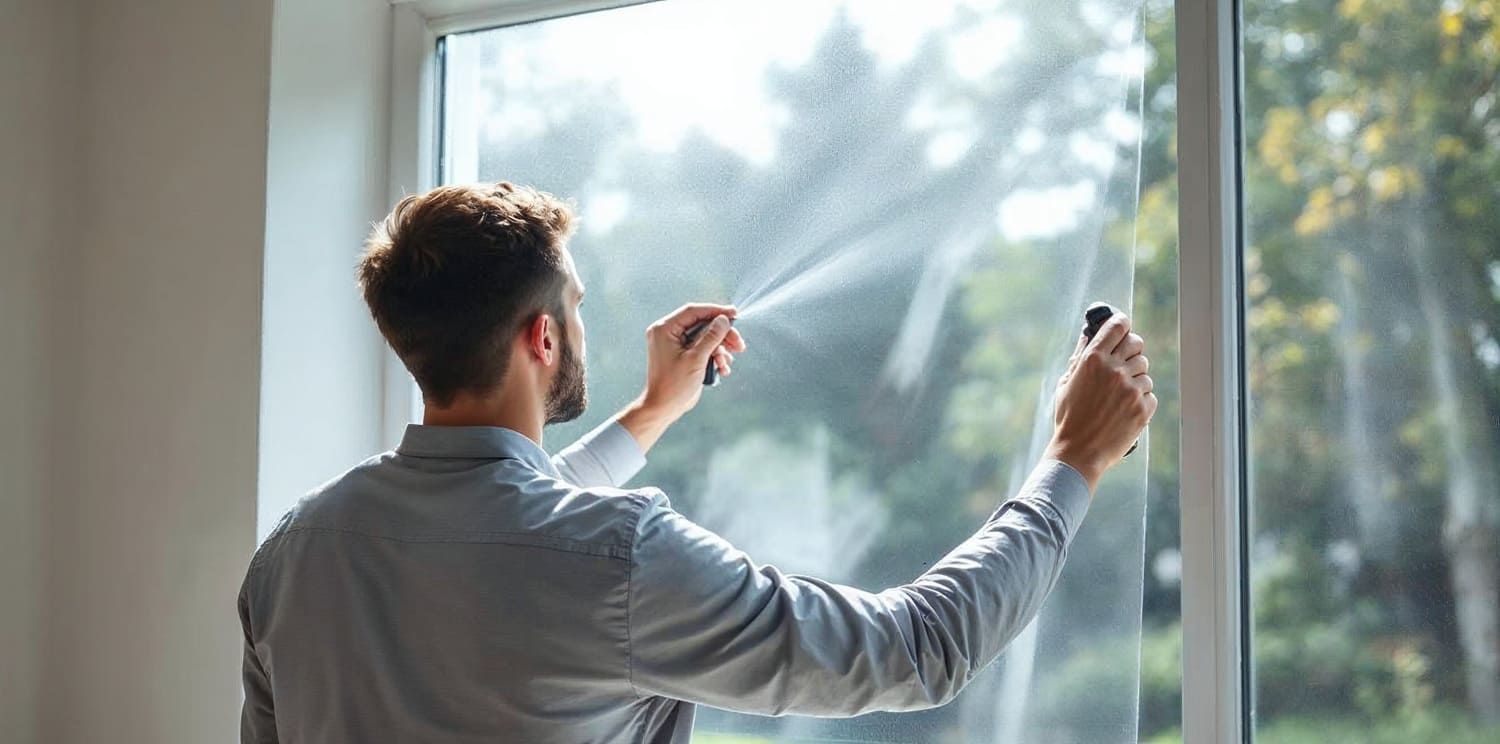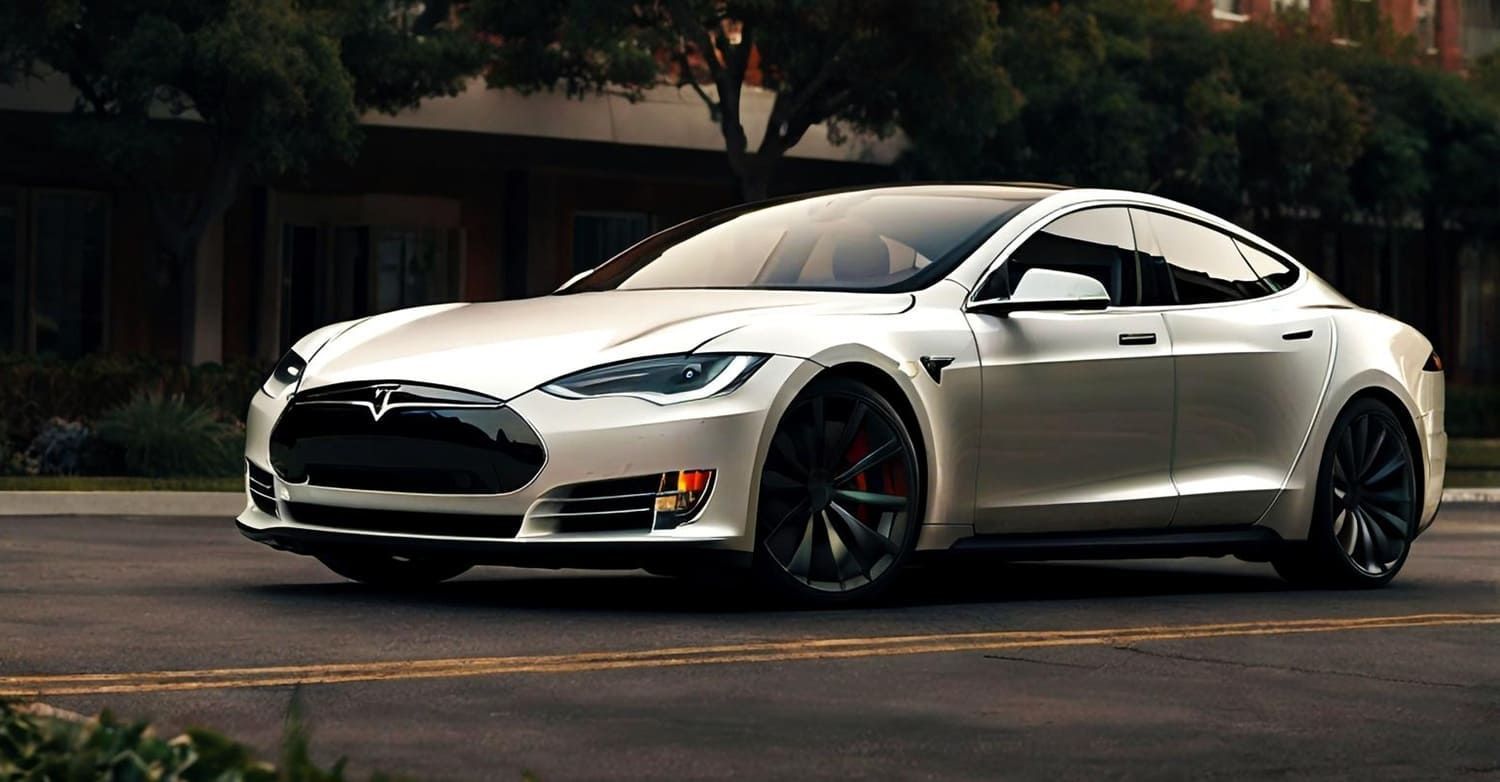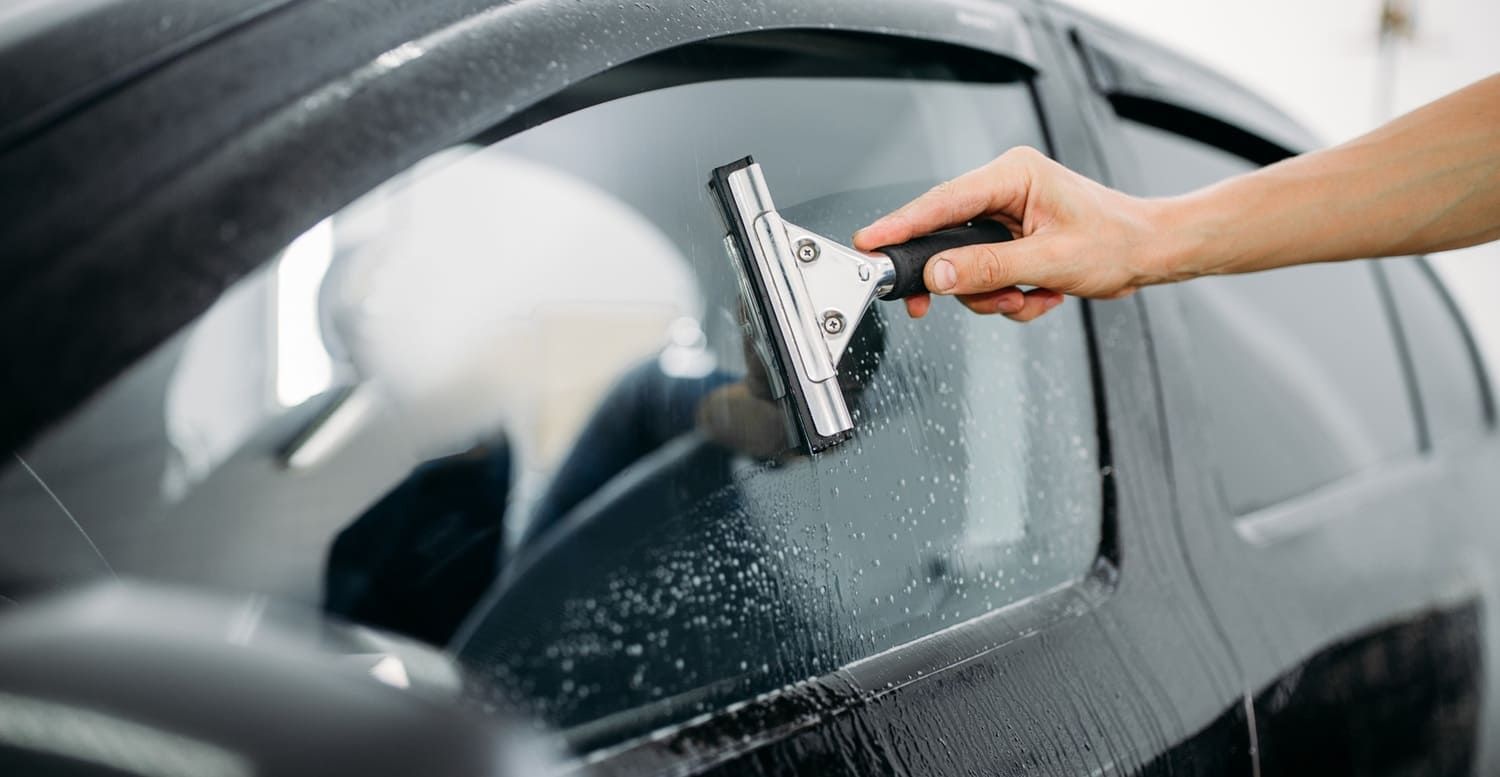Privacy Film vs. Solar Film: What’s Best for You?
In today's world, windows are more than just a source of light and a view to the outside. They play an integral role in your home's comfort, privacy, and energy efficiency. Windows not only connect us with the outdoor environment but also have a significant impact on our indoor living conditions. If you're considering enhancing your windows with film, you might be wondering whether to choose privacy film or solar film. Each has its own benefits and ideal uses, and understanding these can help you make an informed decision. In this article, we'll explore the differences between these two types of window films, helping you decide which is best for you.
Window films are thin layers of material applied to glass surfaces. They are designed to improve the functionality of windows in various ways. These films serve multiple purposes, from enhancing privacy and
security to improving energy efficiency and aesthetics. While some films focus on enhancing privacy, others aim to reduce solar heat gain and glare, making them versatile tools for window enhancement. Let's delve deeper into the two main types:
privacy film and solar film.
The Role of Window Films
Window films are not just about aesthetics; they are a practical solution to common problems faced by homeowners and businesses. By applying window films, you can control the amount of light entering a room, reduce harmful UV exposure, and maintain a comfortable indoor temperature. Additionally, window films can extend the lifespan of furniture and flooring by protecting them from fading due to sunlight exposure. This makes window films an investment in both comfort and property preservation.
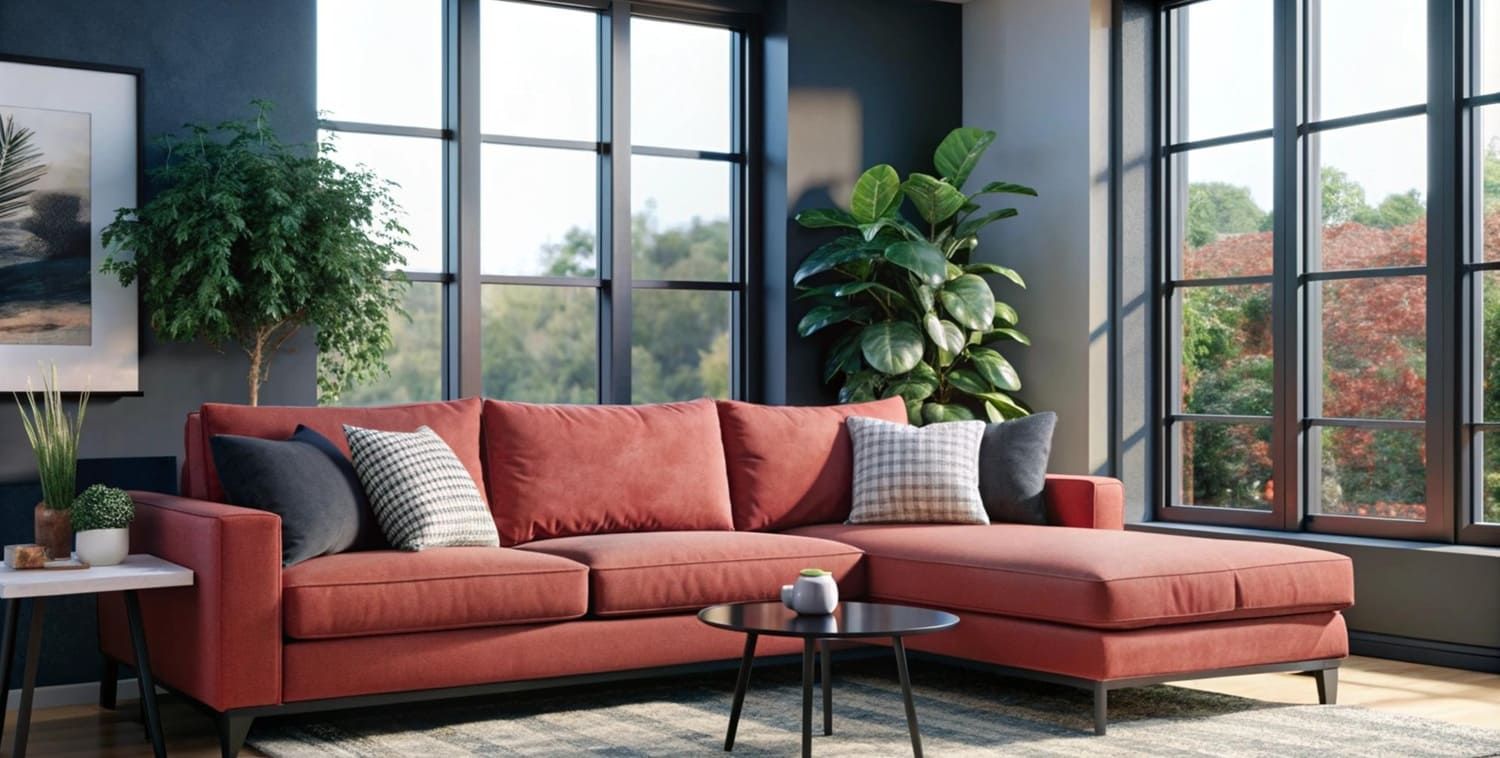
What is Privacy Film?
Privacy film is designed to obscure the view into a room from the outside, offering you more privacy without sacrificing natural light. It's often used in bathrooms, bedrooms, and office spaces. These films transform transparent glass into opaque surfaces, effectively blocking unwanted views while allowing sunlight to filter through.
Benefits of Privacy Film
- Enhanced Privacy: The primary purpose of privacy film is to provide a level of seclusion without the need for curtains or blinds. It allows you to enjoy natural light while keeping prying eyes out. This is particularly useful in urban settings where homes or offices may be closely spaced, and maintaining privacy can be challenging.
- Aesthetic Appeal: Privacy films come in various designs and patterns, from frosted to decorative styles, allowing you to enhance your interior design while maintaining privacy. These designs can complement your existing decor, adding a touch of elegance to your space. Whether you prefer a minimalist frosted look or a more intricate decorative pattern, there is a privacy film to suit your style.
- Easy Installation: Most privacy films are easy to install and can be a DIY project. They are also removable, making them ideal for renters. This flexibility allows you to update or change the film as your needs or tastes evolve, without permanent alterations to your windows.
Considerations for Privacy Film
While privacy film offers many advantages, it's important to note that its effectiveness depends on lighting conditions. During the day, privacy is maximized; however, at night, when interior lights are on, the film may not provide the same level of privacy. This is because the contrast between the illuminated interior and the darker exterior can make the inside visible from outside. Therefore, additional window treatments may be necessary for nighttime privacy.
Moreover, the level of opacity can vary between different types of privacy films. It's crucial to assess your specific privacy needs and select a film that meets those requirements. Consulting with a professional can help you choose the right level of opacity and design for your privacy film.
What is Solar Film?
Solar film, on the other hand, is designed to reduce heat and glare from the sun. It's often used in areas that receive a lot of direct sunlight, such as living rooms and offices with large windows. These films work by reflecting or absorbing sunlight, thereby minimizing heat buildup inside your home or office.
Benefits of Solar Film
- Energy Efficiency: By blocking a significant portion of solar heat, solar film can reduce the need for air conditioning, leading to lower energy bills. This not only saves you money but also reduces your carbon footprint by decreasing energy consumption.
- UV Protection: Solar films block up to 99% of harmful UV rays, protecting your skin and preventing fading of furniture and flooring. This is particularly beneficial in preserving the quality and color of your interior furnishings, which can suffer from prolonged exposure to sunlight.
- Glare Reduction: Solar film minimizes glare on screens, making it easier to work or relax without straining your eyes. This can be especially advantageous in home offices or media rooms, where screen visibility is crucial for productivity and enjoyment.
Considerations for Solar Film
Solar film is slightly more challenging to install than privacy film and might require professional help. Proper installation is key to maximizing its benefits, and professional installers can ensure that the film is applied smoothly and without bubbles. Additionally, while it reduces heat and glare, it doesn't offer the privacy that privacy film does. If privacy is a concern, you may need to consider additional window treatments or a combination of films.
It's also important to consider the appearance of solar films. While they are typically clear or tinted, the tint level can affect the overall look of your windows and the amount of natural light entering your space. Consulting with a professional can help you select the right balance of visibility and solar control.
Privacy Film vs. Solar Film: Key Differences
When deciding between privacy film and solar film, consider the primary function you need from your window film. Here's a summary of their key differences:
- Functionality: Privacy film is primarily for privacy, while solar film is for reducing heat and glare. Each type of film addresses specific concerns and can dramatically improve your living or working environment when used appropriately.
- Aesthetic Options: Privacy film offers more decorative options, while solar film is usually clear or tinted. This means privacy film can double as a design element, whereas solar film is more functional in nature.
- Installation: Privacy film is typically easier to install than solar film. The DIY nature of privacy films can be appealing to those who enjoy home improvement projects, whereas solar films might necessitate professional installation to ensure optimal performance.
- Privacy vs. Energy Efficiency: Consider whether privacy or energy savings is more important for your situation. Each film type brings different benefits, and your decision will largely depend on your specific needs and goals for your space.

Choosing the Right Film for Your Needs
When choosing between privacy film and solar film, assess the following factors:
- Location of Windows: If your windows face a busy street or neighbor's house, privacy film might be the better option. For windows that receive intense sunlight, solar film is more suitable. The orientation and exposure of your windows can heavily influence your choice.
- Primary Concerns: Determine whether your primary concern is privacy or reducing energy costs. Identifying the main issue you wish to address can simplify your decision-making process and lead to a more satisfactory outcome.
- Aesthetic Preferences: Consider whether you want a decorative touch or a more subtle appearance. Your personal style and the existing decor of your space should guide your selection, ensuring that the film complements your interior design.
- Budget: Evaluate your budget for both the film and potential professional installation. While privacy films may be more budget-friendly due to their DIY nature, solar films could involve additional costs for professional application.
Combining Privacy and Solar Films
In some cases, you might benefit from both privacy and solar films. It's possible to apply privacy film on windows where seclusion is needed and solar film on windows exposed to direct sunlight. This combination can provide a comprehensive solution that addresses multiple concerns simultaneously.
For maximum efficiency, consult a professional who can recommend the best combination of films for your home or office. They can assess your specific needs, suggest suitable products, and ensure proper installation, enhancing both functionality and aesthetics.
Conclusion
At David Wood Window Tinting, your trusted window film installers serving Jupiter, FL, we help homeowners and businesses choose the ideal solution between privacy film and solar film. Each type offers unique benefits—privacy film enhances seclusion and security, while solar film improves energy efficiency and blocks harmful UV rays.
By understanding the differences and evaluating your specific needs, you can make a well-informed decision that elevates the comfort and function of your space. Whether your priority is privacy, energy savings, or a balance of both, there’s a window film option tailored for your home or office.
Contact David Wood Window Tinting today for a free estimate, and let our experts help you select the perfect film to enhance privacy, reduce heat, and create a more efficient and comfortable environment in Jupiter and the surrounding areas.
FAQs About Choosing Between Privacy Film and Solar Film
What’s the main difference between privacy film and solar film?
Privacy film is designed to obscure visibility into a space, while solar film focuses on reducing heat, glare, and UV rays for comfort and energy efficiency.
Does solar film also provide privacy?
Some solar films offer daytime privacy, especially reflective ones, but they’re not as effective as dedicated privacy films—especially at night.
Is privacy film effective for blocking heat and UV rays?
Basic privacy films may offer minimal heat rejection, but premium hybrid films combine privacy and solar control for dual performance.
Which film is best for office windows?
For interior privacy, use frosted or decorative privacy film. For exterior-facing windows with sunlight, solar control film with light privacy is ideal.
Can I use both solar and privacy film together?
Yes. Some advanced films or layered installations can deliver both privacy and solar performance, depending on your goals and space.
Does privacy film block natural light?
Frosted or blackout privacy films reduce or diffuse natural light, while solar films are available in clear or lightly tinted options that maintain brightness.
Is solar film better for energy efficiency?
Yes. Solar film significantly improves energy efficiency by reducing cooling loads, making it ideal for homes and commercial spaces in hot climates.
What’s best for bathroom windows—privacy or solar film?
Privacy film, such as frosted or decorative options, is best for bathrooms. It ensures full privacy while still allowing some natural light in.
Which is more suitable for storefronts?
Privacy film is great for obscuring back rooms or storage areas, while solar film is preferred for front windows exposed to sunlight, improving comfort and glare control.
Can privacy or solar films be used on interior glass?
Yes. Both can be installed on interior glass walls or partitions, depending on whether you want privacy (e.g., frosted) or light/heat control (e.g., clear solar film).
Do these films look different from the outside?
Yes. Privacy films are typically frosted, mirrored, or opaque, while solar films may be tinted, reflective, or almost invisible depending on their VLT.
Which film is better for nighttime privacy?
Privacy film provides consistent privacy regardless of light levels. Most solar films do not block visibility at night when interior lights are on.
Are these films removable or permanent?
Both types are semi-permanent and removable, but best results come from professional installation. Removal won’t damage glass if done correctly.
Can I use privacy film on vehicles?
Not typically. For cars, automotive window tint is used for privacy and solar control. Residential privacy film isn’t designed for curved or moving glass.
Do both types of film block UV rays?
High-quality versions of both privacy and solar film can block up to 99% of UV rays, depending on the brand and material.
What’s the lifespan of privacy vs. solar film?
With proper installation, both films can last 10–20 years, though solar films may degrade faster if constantly exposed to intense sunlight.
Do privacy films offer any heat reduction at all?
Some do, especially mirror or dual-reflective privacy films, but they generally offer less heat rejection than dedicated solar films.
Are there any decorative options for solar or privacy films?
Yes. Privacy films come in etched, frosted, or custom patterns, while some solar films also offer subtle aesthetic tints or reflectivity.
What’s the best option for bedrooms or living rooms?
Use solar film for comfort and fading protection, and privacy film if nighttime privacy is also a concern—some hybrid films combine both.
Which is more cost-effective: privacy film or solar film?
Both are affordable, but solar film often delivers greater ROI through energy savings, while privacy film provides immediate visual benefits.


